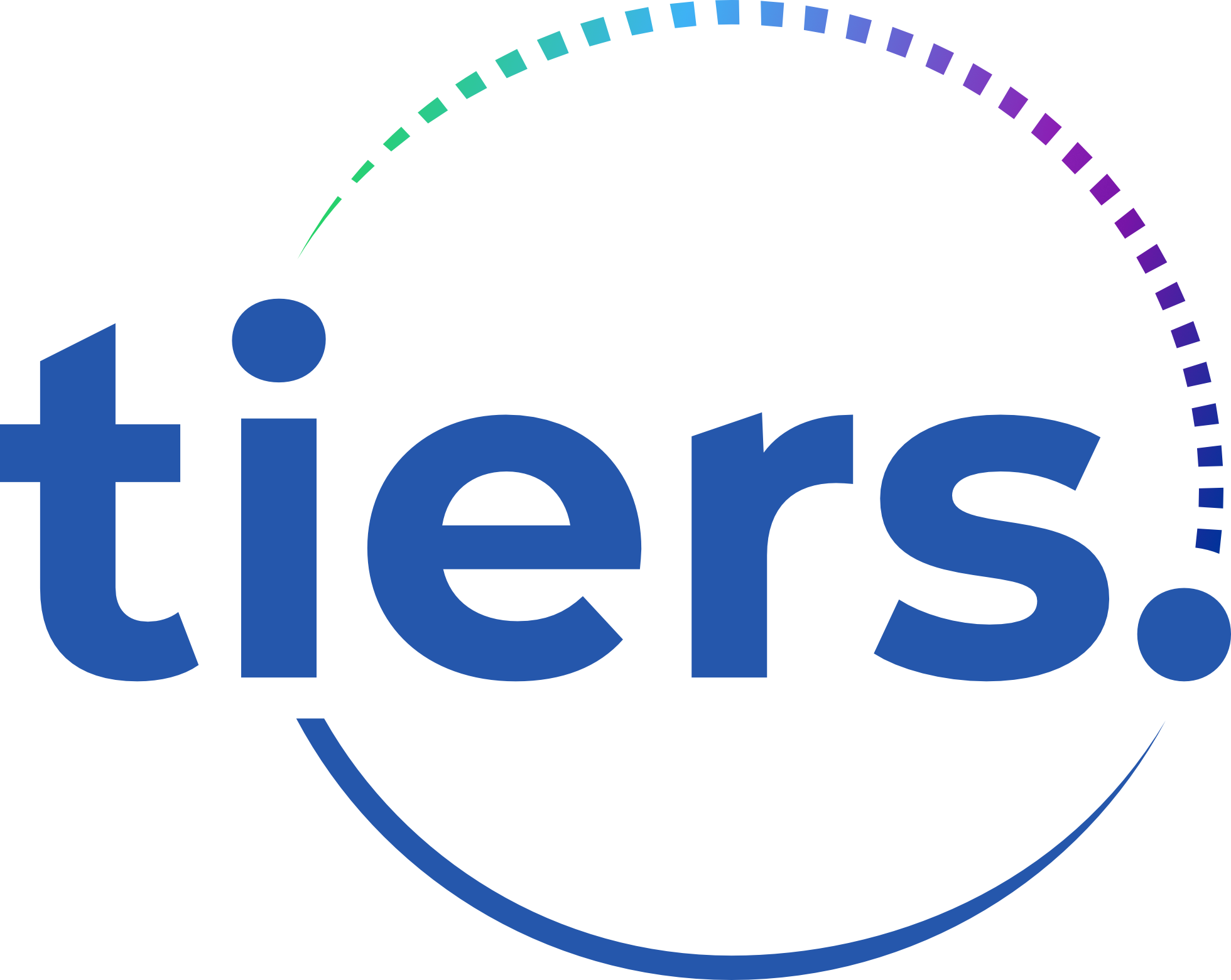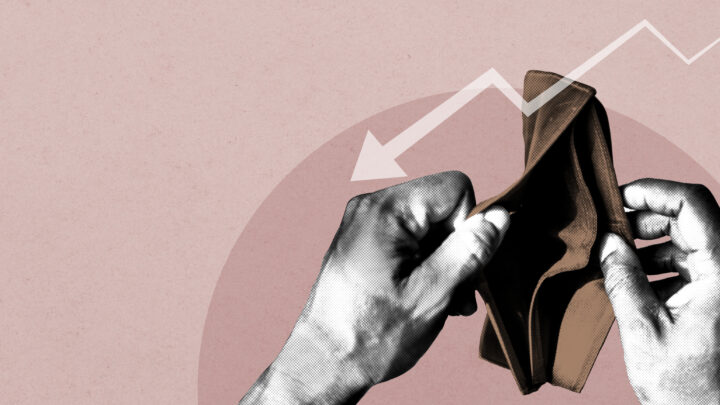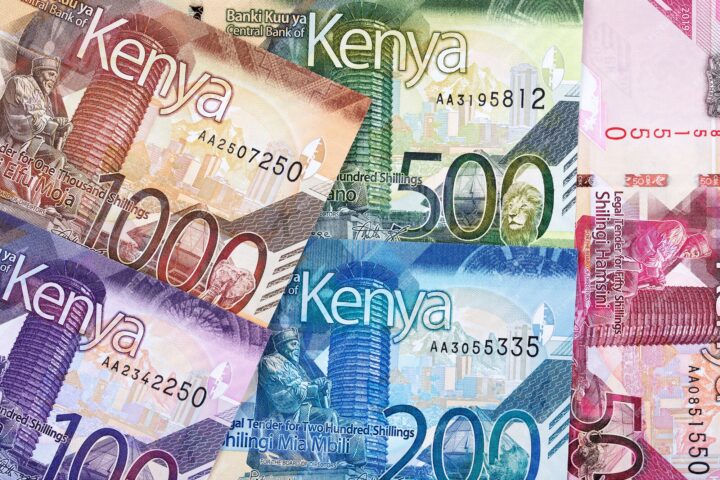Na: Puseletso Tsoili na Katleho Metsing
(Imetafsiriwa kwa ajili ya Blogu ya Tiers)
Katika nchi nyingi za Afrika leo hii, kuweka akiba kwa njia za kitamaduni hakulindi tena mustakabali wako. Mfumuko wa bei unakula polepole kipato chako ulichokipata kwa bidii — kwa kasi inayozidi riba unayopata benki. Ukweli unaouma ni huu: mfumuko wa bei unakula akiba zako.
Lakini kuna suluhisho. Kuanzia akaunti za akiba za dola hadi hati fungani za serikali na uwekezaji wa mali tofauti, zana za kifedha zenye akili zinawasaidia watu binafsi na biashara kupambana na hali hii. Chapisho hili la blogu linachunguza athari halisi za mfumuko wa bei kwa akiba barani Afrika — na nini unaweza kufanya kulinda mtaji wako kabla hujachelewa.
Nini Husababisha Mfumuko wa Bei Afrika?
Mfumuko wa bei ni ongezeko la jumla la bei kwa muda — jambo linalopunguza thamani ya pesa yako.
Sababu kuu zinazoendesha mfumuko wa bei ni:
- Mfumuko wa fedha: Kiasi kikubwa cha pesa kuzalishwa au riba za chini sana (kama ilivyoshuhudiwa Zimbabwe, 2007).
- Mfumuko wa bei unaotokana na mahitaji: Mahitaji yanapozidi ugavi, bei hupanda.
- Mfumuko wa bei wa matarajio: Watu wanapotarajia bei kupanda, wanadai mishahara ya juu, na biashara huongeza bei kufidia.
- Mitikisiko ya usambazaji: Kupanda kwa bei ya pembejeo kama mafuta au chakula, hasa katika nchi zinazoagiza kwa kiasi kikubwa kama Nigeria.
Athari za Mfumuko wa Bei kwa Biashara
- Kupanda kwa gharama za uendeshaji (mafuta, usafiri, vifaa)
- Ugumu wa kupanga kutokana na bei zisizotabirika
- Kushuka kwa mahitaji ya wateja kadri watu wanavyopunguza matumizi
- Shinikizo la mishahara kutoka kwa wafanyakazi wanaojaribu kuendana na maisha
- Changamoto za upangaji bei zinazowachanganya wateja na kupunguza uaminifu
Athari za Mfumuko wa Bei kwa Watu Binafsi
- Kupanda kwa gharama za maisha: Chakula, kodi na usafiri vinachukua sehemu kubwa ya kipato
- Elimu na huduma za afya kutopatikana: Bei hupanda kupita uwezo wa watu
- Msongo wa mawazo: Shida za kifedha huleta hofu na migogoro ya kifamilia
- Kupungua kwa kipato halisi: Mshahara unaweza kubaki palepale, lakini uwezo wake wa kununua unapungua kila mwezi
Mfumuko wa Bei dhidi ya Akiba: Kwa Nini Unapoteza Pesa
Hata kama unapata riba kutoka kwenye akaunti yako ya benki, mara nyingi ni ndogo kuliko kiwango cha mfumuko wa bei. Hii ina maana pesa zako zinaongezeka kwa nadharia tu, lakini thamani yake halisi inapungua.
Mifano ya nchi za Afrika:
- Kenya, Nigeria, Tanzania: Hasara halisi (mfumuko wa bei > kiwango cha riba)
- Côte d’Ivoire, Zambia: Faida halisi (riba inazidi mfumuko wa bei)
Mfano: Ikiwa mfumuko wa bei ni 12% na benki inatoa 4%, unapoteza 8% ya uwezo wa kununua kila mwaka.
Jinsi ya Kulinda Akiba Yako: Njia Mbadala za Kivitendo
1. Akaunti za Akiba za Dola
- Hifadhi na pata riba kwa dola za Kimarekani (USD)
- Linda thamani dhidi ya kushuka kwa sarafu ya ndani
- Inafaa kwa malipo ya kimataifa au kutuma fedha
Mfano: Ikiwa ulihifadhi akiba kwa USD wakati wa kushuka kwa thamani ya naira Nigeria, ungehifadhi — au hata kuongeza — thamani halisi ya pesa zako.
2. Hati Fungani za Serikali (T-Bills)
- Hati za serikali za muda mfupi
- Salama zaidi kuliko benki, riba ya kudumu na ya juu
- Inafaa wakati mfumuko wa bei ni mkubwa lakini sarafu imara
Tahadhari: Ikiwa mfumuko wa bei ni mkubwa na sarafu inashuka, hati fungani zinaweza zisifanye vizuri isipokuwa ziwe kwa dola.
3. Sarafu za Kidijitali (Cryptocurrencies)
- Hifadhi ya thamani kwa muda mrefu, hasa stablecoins
- Uhamisho bila mipaka na bila kuhitaji benki
- Inafaa kwa wafanyakazi huru na wale wanaopokea fedha kutoka nje
Hatari: Mabadiliko makubwa ya thamani. Sio nzuri kwa akiba za muda mfupi au watu wasio penda hatari.
4. Mifuko ya Pamoja (Mutual Funds / Unit Trusts)
- Wekeza katika mali tofauti (hisa, hati fungani, bidhaa)
- Hifadhi ya mtaji kwa muda wa kati hadi mrefu
- Hatari hupunguzwa kupitia utofauti wa uwekezaji
Angalizo:
- Hatari ya soko wakati wa mdororo wa uchumi
- Mapato ya chini kwenye mifuko ya masoko ya fedha (huenda hayazidi mfumuko wa bei)
Kisa Halisi: Kushinda Mfumuko wa Bei kwa Akaunti ya Dola (Nigeria)
Ifeoma, mtaalamu kutoka Lagos, aliweka akiba ya naira 1,000,000 mwaka 2018 kwa riba ya 4% — wakati huo mfumuko wa bei ulikuwa 13%. Akiba yake ilipoteza thamani halisi.
Mwaka 2020, alifungua akaunti ya akiba ya USD yenye riba ya 2%:
- Kiwango cha mwanzo: $2,000 = ₦720,000 (kiwango: ₦360/USD)
- Mwaka mmoja baadaye: $2,040
- Kiwango kipya cha kubadilisha fedha: ₦460/USD = ₦938,400
- Faida kwa naira: ₦218,400 (30.3%)
Licha ya riba kuwa ndogo, aliweza kulinda fedha zake dhidi ya mfumuko wa bei na kushuka kwa sarafu — na akapata faida.
Mambo ya Msingi ya Kumbuka
- Majukwaa kama Tiers hufanya kuweka akiba kwa dola kuwa rahisi, salama, na linalonyumbulika
- Akiba za jadi za benki zinaweza kushindwa kukulinda katika uchumi wa Afrika wenye mfumuko wa bei mkubwa
- Zana kama akiba za dola, hati fungani, na mali za kidijitali hutoa ulinzi bora
- Majukwaa kama Tiers hufanya kuweka akiba kwa dola kuwa rahisi, salama, na linalonyumbulika
Get informed on how to do more with your money.





